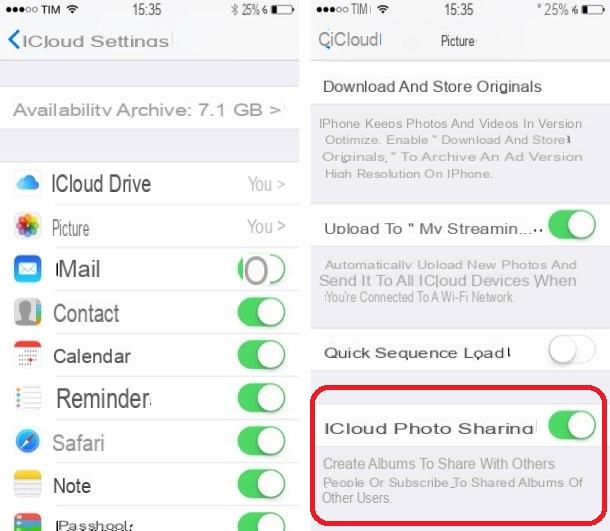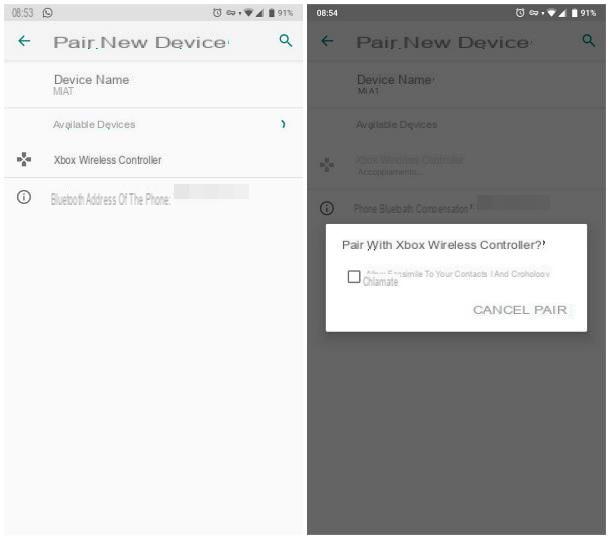
One of the weaknesses of Apple's Safari browser has always been the small number of extensions available, compared to competitors such as Google Chrome, Microsoft Edge or Firefox Mozilla. Now Apple wants to fill this gap starting from Big Sur, the next version of the macOS operating system.
As is known, among the novelties of Big Sur there will also be a new Safari browser. According to Apple it will be "the most important Safari update ever", with new features, great news and a more modern and clean look. Among the many innovations that finally arrive on Safari, and which have been present for years on competing browsers, there is also the "improved support for extensions". In fact, the real novelty lies in the fact that, in the end, Apple decided to make Safari compatible with the WebExtensions API, the same ones available on all other browsers and used for years by developers to create extensions that are easily transportable from one browser to another.
Safari with WebExtensions: what changes
At least initially, the novelty will be more quantitative than qualitative: on Safari will be available in a short time many more extensions than before. This is because, thanks to compatibility with WebExtensions, developers will be quick to bring to Safari an extension already developed for Chrome, Firefox, Opera or Edge. Apple will further facilitate this step by providing test tools to check if an extension that has already been developed can work without modification on Safari as well. As they become available, these new extensions will come added to the Apple App Store.
Safari extensions: the security risk
The arrival of hundreds of new extensions on Safari could pose great risks to Apple users - the same risks that users of other browsers have to deal with on a daily basis. Google, for example, in mid-June removed more than 100 extensions considered dangerous, in April it had removed 50, in February even 500. Browser extensions, in fact, are a bit like apps for smartphones: if you know them program well, then you can steal a lot of data from the user or even download malicious code to the computer running the browser. Apple will attempt to limit these risks by introducing the ability for the user to enable them for a single web page, for a specific group of pages or for a specific period of time.
Safari, Chrome extensions also arrive


























